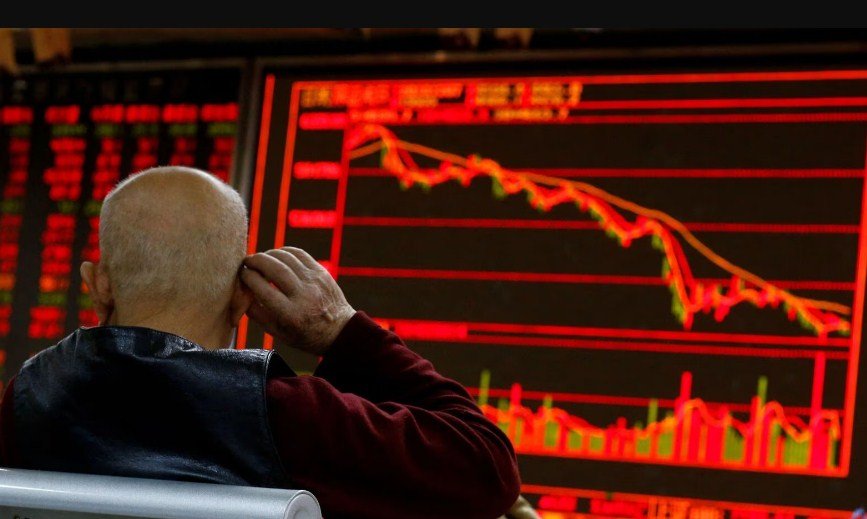The ongoing conflict between Israel and Hamas has claimed more than 1,100 lives and caused widespread destruction in the region. The war has also impacted the global economy, as oil prices have risen, stock markets have fallen, and inflation fears have increased. Here are some of the key economic effects of the Israel-Hamas war.
Oil Prices Surge as Supply Risks Mount
One of the most immediate consequences of the war is the surge in oil prices, which have increased by as much as 5% since the outbreak of hostilities. The reason is that the Middle East is a major oil-producing region, and any disruption or threat to its supply can affect the global market. According to Bloomberg, Israel is not a significant oil producer, but it shares borders with Egypt and Jordan, which are important transit points for oil from other countries. Moreover, the war could potentially escalate and involve other oil-rich nations, such as Saudi Arabia and Iran, which could further jeopardize the stability of the region and the oil supply.
Higher oil prices have negative implications for the global economy, as they increase the cost of production and transportation for many industries and consumers. They also contribute to inflation, which is already a concern for many countries that are recovering from the pandemic-induced recession. Higher inflation could force central banks to raise interest rates sooner than expected, which could slow down economic growth and hurt consumer spending.
Stock Markets Tumble as Investors Seek Safety
Another effect of the war is the decline in stock markets around the world, as investors seek safer assets amid the uncertainty and volatility. According to Reuters, the key Tel Aviv share index dropped by 7% while banking shares dropped by 9% on a turnover of 2.2 billion shekels or $573 million. The Israeli stock market has been one of the best performers in the world this year, thanks to its successful vaccination campaign and rapid economic recovery. However, the war has erased some of its gains and dampened its outlook.
Other stock markets have also been affected by the war, as they reflect the global sentiment and risk appetite. According to CNN, European markets closed lower on Friday, while Asian markets opened lower on Monday. US markets also fell on Friday, as investors weighed the geopolitical risks and inflation worries. The war could further erode investor confidence and hamper economic recovery if it continues or worsens.
Business Leaders Call for Peace and Stability
As the war rages on, business leaders around the world have expressed their concern and hope for peace and stability in the region. Many of them have personal or professional ties to Israel or Palestine, or have operations or customers in the affected areas. They have also witnessed the human cost of wars and terrorism, which can have lasting effects on societies and economies.
According to Entrepreneur, JPMorgan Chase CEO Jamie Dimon said in an internal memo that he joined together in his hope to one day see the end of violence and for there to be peace throughout the Middle East. He also said that he was proud of his colleagues who were working hard to support their clients and communities in these difficult times.
Other business leaders have also spoken up about the war and its implications for their industries and markets. For example, Guillermo Santos, head of strategy at Spanish private banking firm iCapital, told Bloomberg that any extension of this war to oil-producing countries could make the price of crude oil more expensive with negative inflationary effects for the West. He also said that this could mean higher rates for longer and falling stock markets if it caused a recession.
Similarly, George Lagarias, chief economist at Mazars, told Bloomberg that the number one risk for the global economy is the possibility of a third inflation wave, just as the current one is petering out. He said that the flaring of tensions in the Middle East could drive energy prices higher, and undermine the efforts of central banks to bring inflation under control.
On the other hand, some business leaders have shown resilience and optimism in the face of adversity. For example, Israel’s Manufacturers’ Association President Ron Tomer told Reuters that all companies will continue to operate as much as possible despite the difficult emergency conditions, the rocket barrages, and the resulting shortage of workers. He also said that thanks to Israel’s production independence, even in times of emergency, the residents of Israel will lack nothing.

